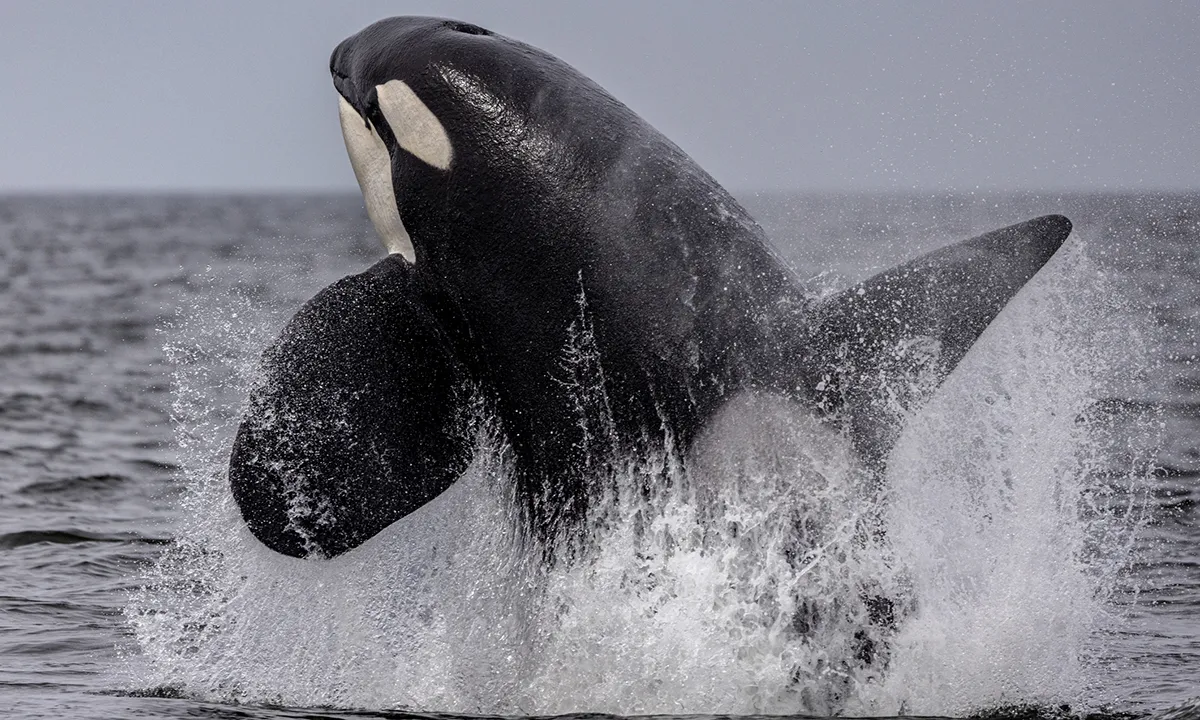

When you think of the ocean’s top predator, you might think of the great white shark. Great whites can be up to 20 feet long, and they’re impressive predators. But there’s another sheriff in town, a top predator that can take down even a white shark—the orca.
Videos by Outdoors
A new study examining orca and shark predator-prey interactions in Mexico’s Gulf of California suggests orcas probably hunt and eat large sharks more frequently than the scientific community once thought.
“Historically, there have been few observations of orca predation on large elasmobranch species [i.e., sharks and rays] nor are they commonly identified in the stomach contents of deceased orcas,” the study says. “In recent years there has been an increase in observational records of orca predation, such as on white sharks (Carcharodon carcharias) in South Africa, which could indicate that elasmobranchs serve a greater importance in their diet than previously considered.”
These observational records are often thanks to the public. Drones, water-resistant smartphones and cameras, and social media have certainly played a role in bringing orca predation on sharks to light. (In other words, when shark vs. orca videos go viral, even the scientists see.)
Orcas Have ‘Predatory Access’ to . . . Everything?
In the new research paper, scientists identified several orcas that have hunted sharks in the Gulf of California over the course of about two years. This supports their idea that orcas likely eat sharks more often than everyone thought, and it also seems to suggest that orcas can eat whatever the heck they want.
“Orcas have ‘predatory access’ to virtually every marine species with which they overlap, including those species which pose the greatest energetic challenges due to their speed/mobility, size, defense mechanisms, or cognitive capabilities,” the researchers say.
While a large shark may be a tougher meal to secure than something smaller and less toothy, if an orca really wants it, it has the brains and the brawn to get it.
‘Killer Whales’ Aren’t Mindless Killers, Though
This research is interesting, but it shouldn’t contribute to fear mongering targeted toward orcas (also called “killer whales”).
Dr. Bec Wellard, a research scientist with the Centre for Marine Science and Technology at Western Australia’s Curtin University and the founder and head of research for Project ORCA, told Outdoors.com: “Killer whales are incredibly intelligent, exhibit culture, and show learned behavior.” There’s nothing bad or wrong about a predator showing predatory behavior toward non-human animals.
When orcas do hunt sharks, they often target their livers, which have a high nutritional value thanks to the oily lipids inside. It may seem heartless to nab a liver like that, but in the wild, it’s a shark-eat-shark world—or, should we say, it’s an orca-eat-shark world?
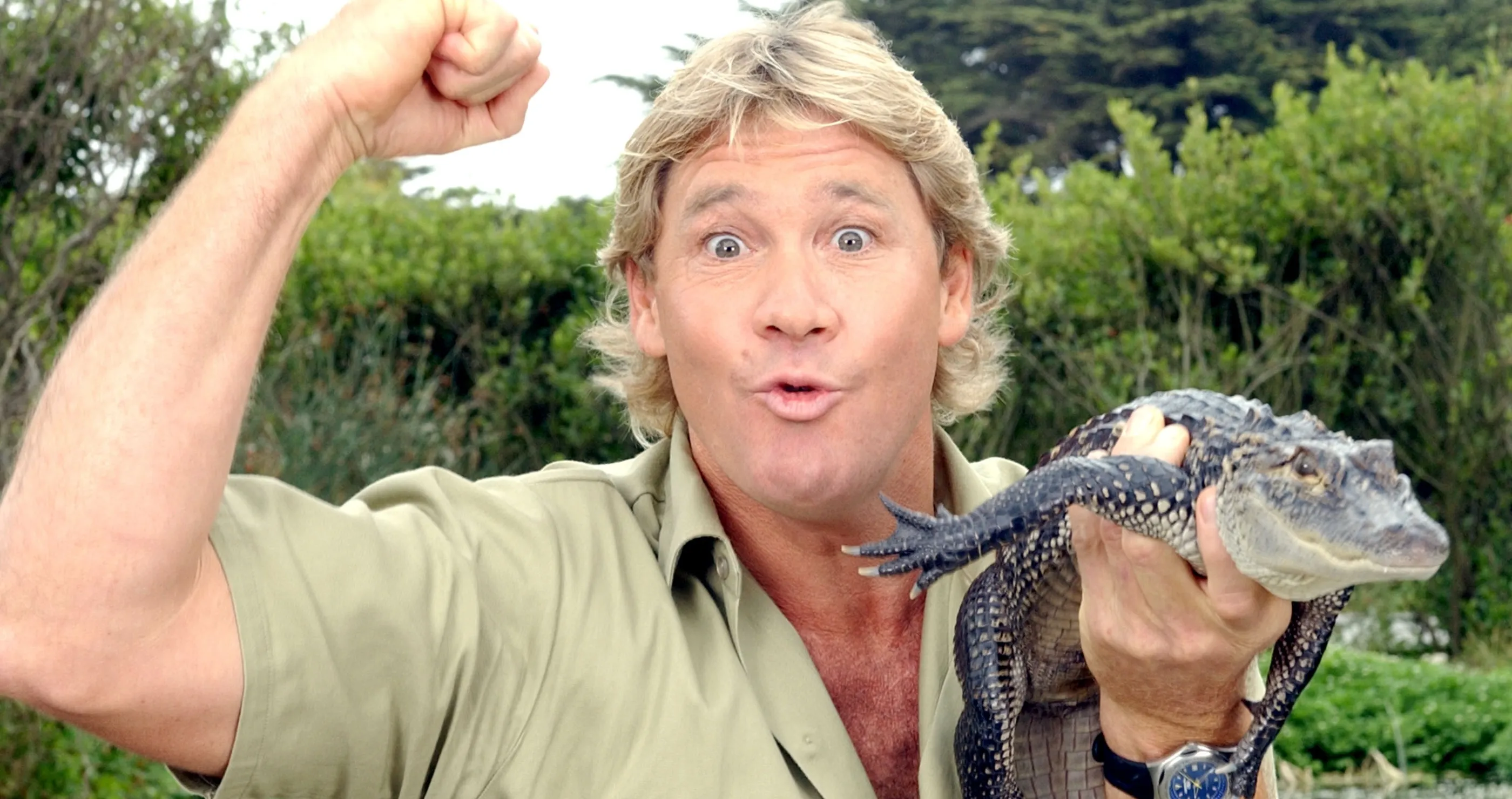
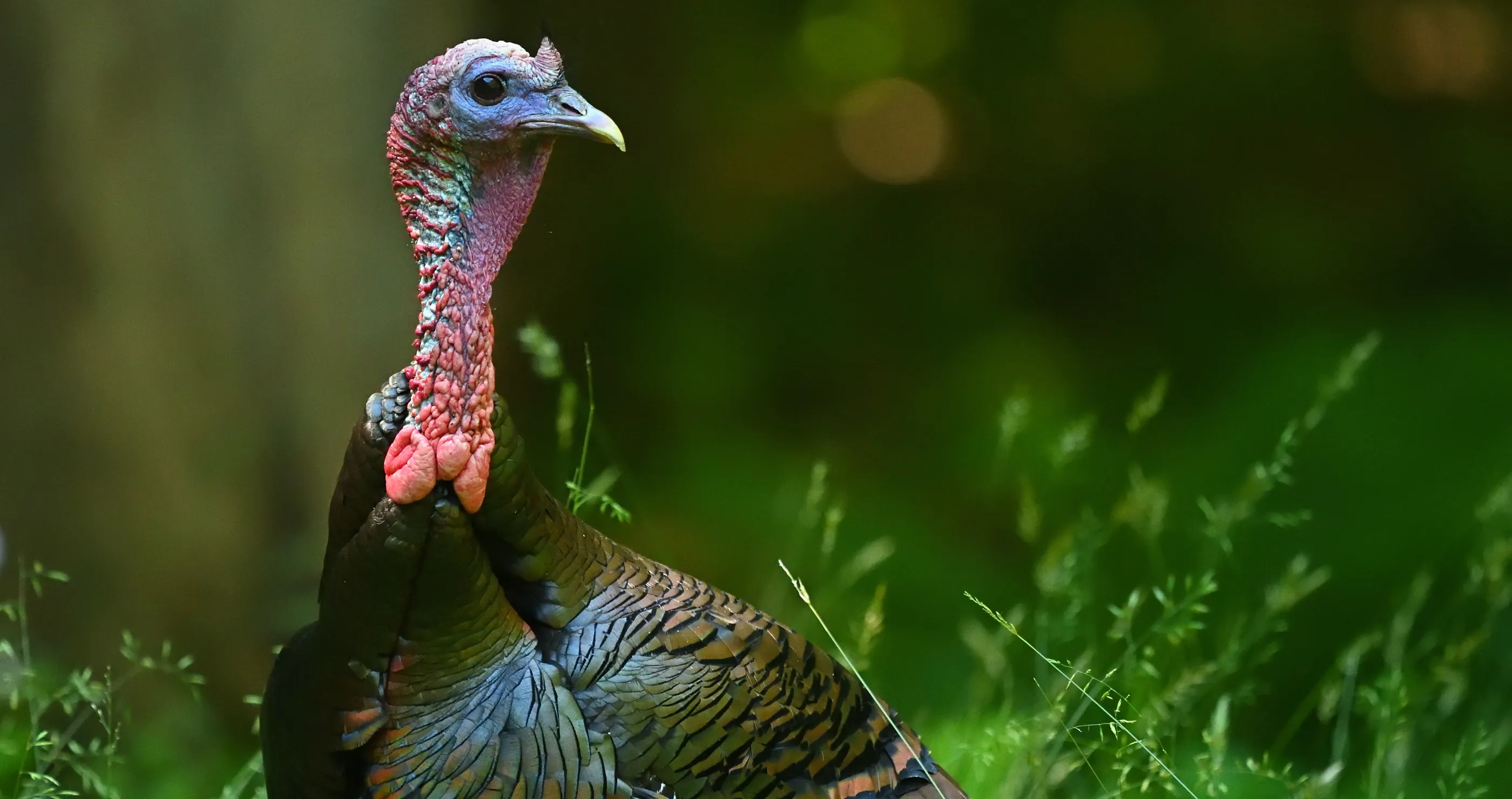
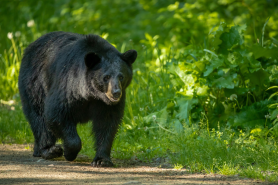
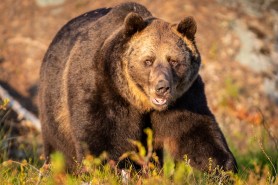
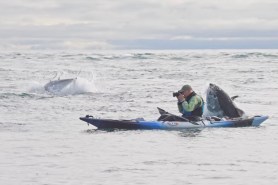



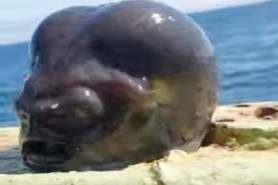
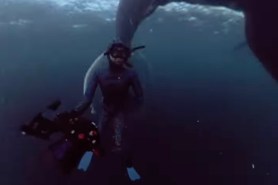
Pingback: Top Predator Turned Prey: Orcas Are Hunting Down More Large Sharks - Just Day
Pingback: Orcas Take Turns Head-Butting Smaller Dolphin in Brutal Video - Senderismo Total